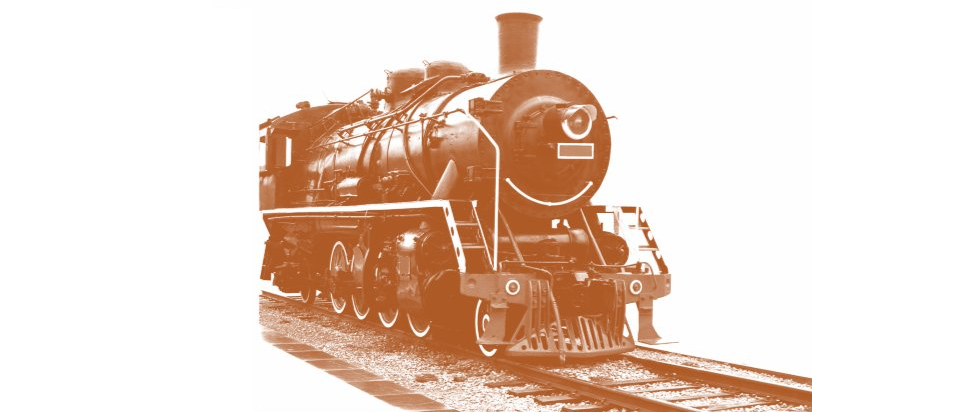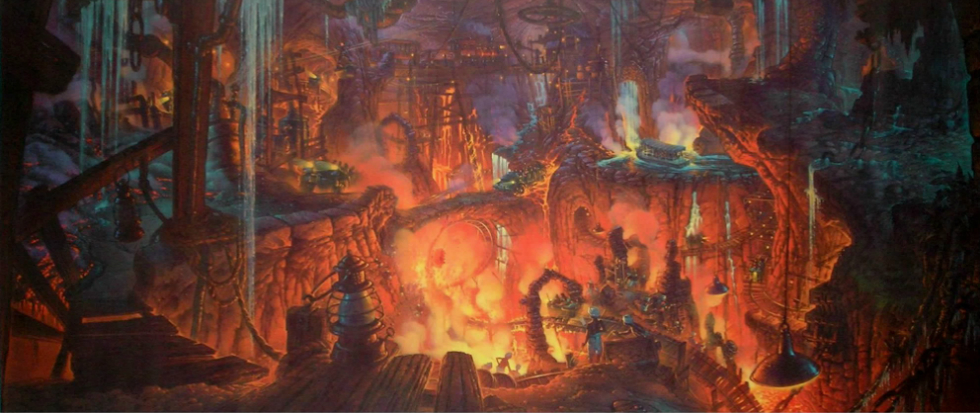
Red Dead Redemption Precedes the Territory
The many flavors of The West (of the United States, specifically) are boiled down to a single salty broth for cinematic consumption. These tastes are regional, though my home state of Wyoming dips a toe into a few of the different varieties—the unforgiving mountains at risk of a snowstorm for ten months a year in one corner, an arid desert unspooling below that, and the state’s capital city spread over flat yellow prairie. That same city hosts an annual rodeo nicknamed “The Daddy of ‘Em All” which nearly doubles the population for the last full week in July. Cowboy hats flood the streets of Cheyenne, livestock is wrangled through kicked-up earth, there are night shows and mechanical bulls and parades and tens of thousands of pancakes served to the early risers.
It’s pageantry, of course. The West is dead, and might not have ever been alive. Rodeo is just another sport that breaks bodies and leaves its champions to scrounge. Real freedom is reserved for millionaires and billionaires looking to frack and run. Mainstream country music is a lucrative if shallow twin to pop at large. Growing up in Wyoming was enough to teach me these things, and while there was much to love and appreciate about my time there, I was not left with any lingering attachment or appreciation for The West. The myths behind the place where I grew up already seemed so transparently self-serving that they were a rusted leaky bucket from first sight.
Long have I known this in my bones, but only after reading Matt Margini’s Red Dead Redemption for Boss Fight Books do I feel bivouacked in my experience of The West at large. Not that Margini is coming to burn down the mesas—rather, he’s brought a scalpel to parse the corpse of Hollywood’s longterm propaganda arm for empirical expansion, working through Rockstar’s trademarked cynical meta-commentary via beloved open world “map game” that goes by the same name as the book.
I haven’t played this game, for reasons directly linked to all my exposition above, nor have I ever felt particularly drawn to Western films. This has had little impact to my understanding of Margini’s text, which he describes as “a book about the ‘West’ that lives in the imagination of Easterners.” That ideal lives larger than the history to most, and the same could be said for Red Dead Redemption and its sequel, creating idealized spaces to cowboy around in, which Margini points out is not unlike the premise of Westworld. He lays out his arguments like a well-engineered train track that carries the reader through the history of The West, its colossal presence in film and media through the 20th century, and its post-modern implosion as an accurate reflection of American society. Through it all Margini is a fluid and dynamic writer, pulling threads across media, ludology, and his own personal life in order to examine Red Dead Redemption’s singular place in the presentation of Westerns. “The 20th century wanted the Western. We want the open world. Red Dead can show us how, in so many ways, they’re more or less the same thing.”
As Margini works through the meat of the Western as a genre, he traces the effects of those wildly popular films. In doing so he sets the hollow effigy of the cowboy aflame, as in his comparison to Tony Soprano’s lament for the good ol’ days of real men like Gary Cooper. The ideal of Cooper was never real though, and such is the same for the legendary cowboy—“… the bigger problem for Tony is that the cowboy is more of a man than he is. The cowboy is an unattainable masculine ideal, bound inextricably to the definition of American virtue.” As a model for masculinity, the cowboy fails on all fronts, such that even supposed cold-hearted gangsters are brought to their knees by their own feelings.
Margini further teases out the failure of the idealized cowboy through Marston as well, from his travels to his cursed and inevitable end at the hands of the very lawmen that used him to further colonize The West. Playing this game as Marston is meant to evoke the feelings of freedom, but open world games are theater dressed as improv. “Larger forces authored the script, but Marson is also, in many ways, its co-author: Everything you do as him brings him closer to this moment. And everything you do as Jack, his successor, is a reiteration of the same old story.” Or to twist one of my favorite bullshit conservative bumper stickers from back home puts it, “Freedom isn’t free”—in the digital simulacrum of The West as in life, our birth sets us onto a specific stage, with rules and lines learned on the fly. The only way to alter Marston’s course is to leave him be.
In my case, the only way to participate in the myth of Western freedom was to escape. Margini has done the same through this book, writing not to condemn The West or the map game or Rock Star, but to pin the yarn between those subjects and so much more. This is games writing at its strongest, readily readable and repeatedly thought provoking. Red Dead Redemption is worth a place in any saddlebag spending long days on the range.
// Levi Rubeck is a critic and poet currently living in the Boston area. Check his links at levirubeck.com





